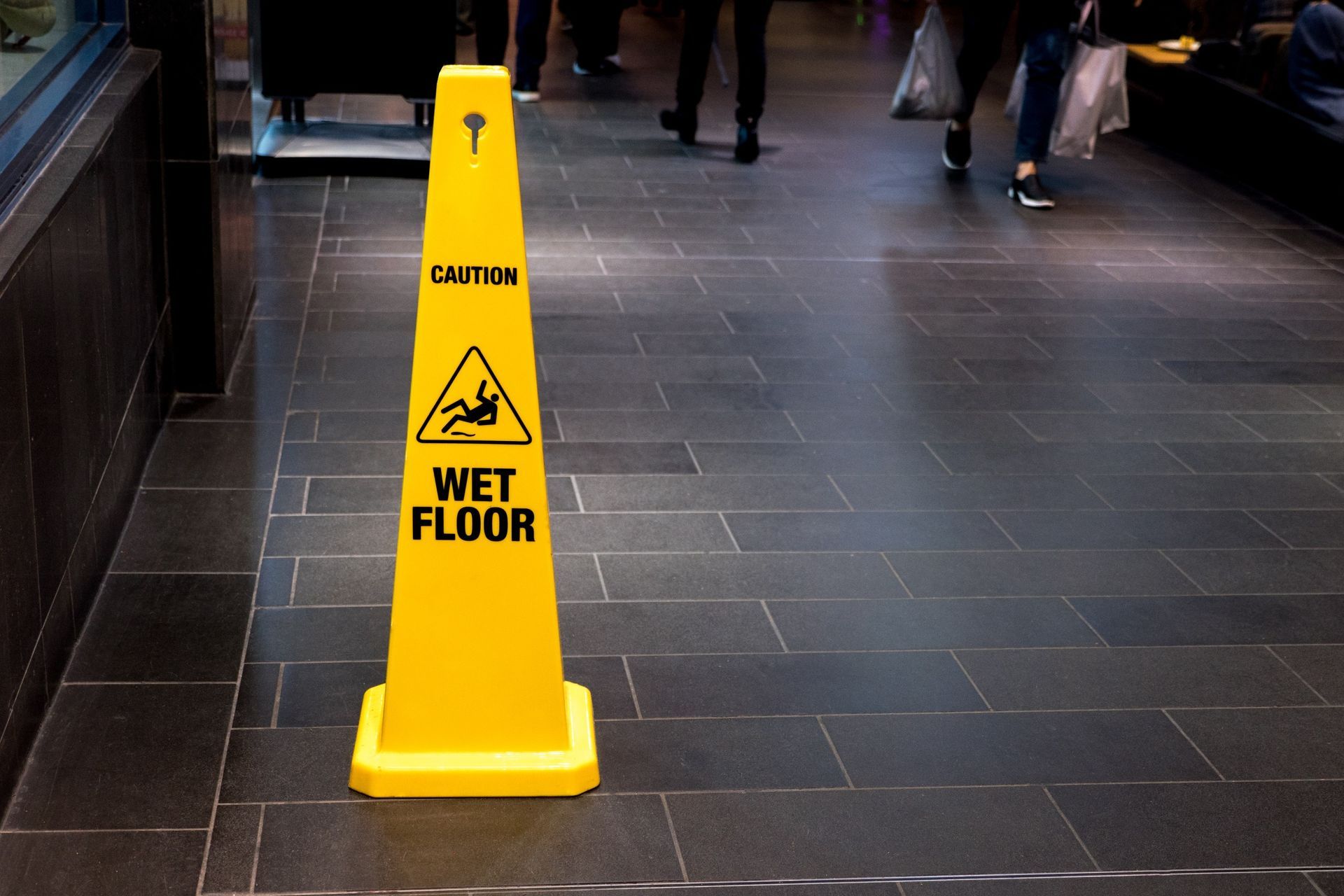How to Document Evidence to Support Your Injury Claim in Baton Rouge
Building a Strong Injury Claim: Why Documentation Matters
After an accident, gathering evidence may not be the first thing on your mind — but it’s one of the most important steps you can take to protect your right to compensation. At Schmolke Law Firm, we help Baton Rouge injury victims understand what’s needed to present a solid claim and how properly documented evidence can make a major difference in the outcome.
Below are key tips on how to effectively document evidence after an injury to strengthen your personal injury claim.
1. Take Photographs and Videos Immediately
Use your phone or camera to capture the accident scene from multiple angles. Include:
- Damage to vehicles or property
- Road conditions, skid marks, or debris
- Visible injuries like cuts, bruises, or swelling
- Any safety hazards that contributed to the incident
Even small details can provide critical context to support your account of the event.
2. Get Contact Information from Witnesses
Witnesses can validate your version of events. Ask for their names, phone numbers, and email addresses. If possible, record their statement while it’s fresh in their minds. Their testimony may be used to challenge an insurance company’s denial or lowball offer.
3. Request and Retain Official Reports
If police or first responders arrived on the scene, be sure to request copies of any reports they filed. These documents often include unbiased observations and may contain diagrams, statements, or citations issued at the scene.
4. Seek Medical Attention — and Save All Records
Even if your injuries seem minor, get checked out by a doctor. Medical documentation creates a paper trail linking the accident to your injuries. Keep copies of:
- Emergency room records
- X-rays or diagnostic results
- Prescriptions and treatment plans
- Follow-up visit notes
This evidence is essential for proving the extent of your damages.
5. Maintain a Personal Injury Journal
Document how your injury affects your daily life. Include:
- Levels of pain or discomfort
- Missed workdays
- Limitations on daily activities
- Emotional impacts like anxiety or depression
This type of record adds a human perspective to your claim and may support a request for pain and suffering damages.
6. Keep All Bills and Receipts
You should track any costs related to your injury, such as:
- Medical bills
- Physical therapy
- Over-the-counter medications
- Transportation to appointments
- Property repairs
Well-organized receipts and invoices help calculate your financial losses.
Schmolke Law Firm Can Help Build Your Case
Navigating a personal injury claim can be overwhelming, especially when you're focused on healing. At Schmolke Law Firm, we’re committed to helping Baton Rouge injury victims document their cases thoroughly and pursue fair compensation.
If you’ve been injured and need guidance, contact our office to discuss how we can support your recovery and legal journey.










